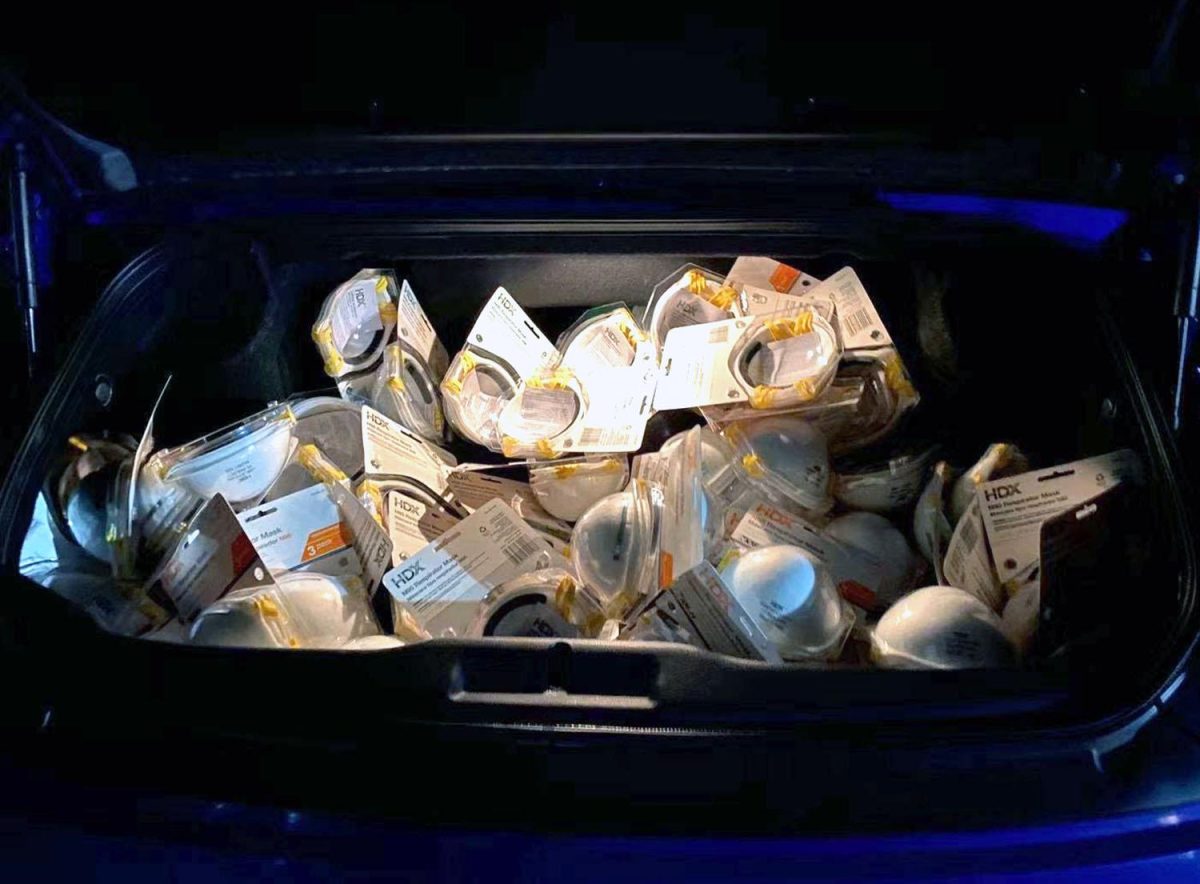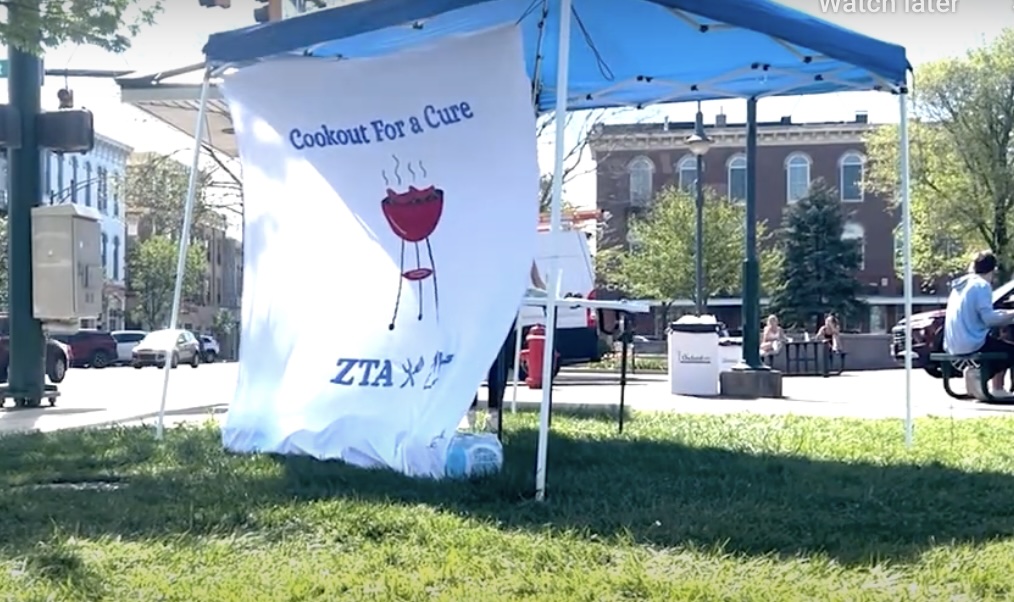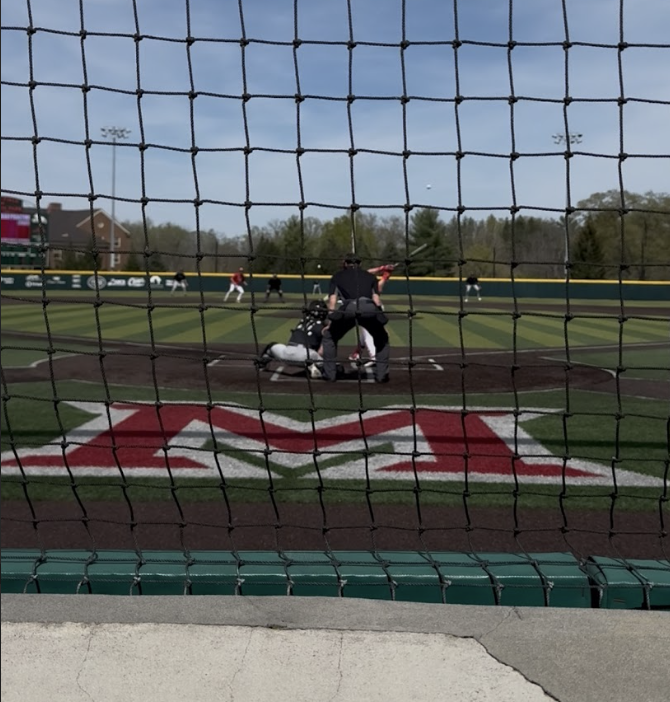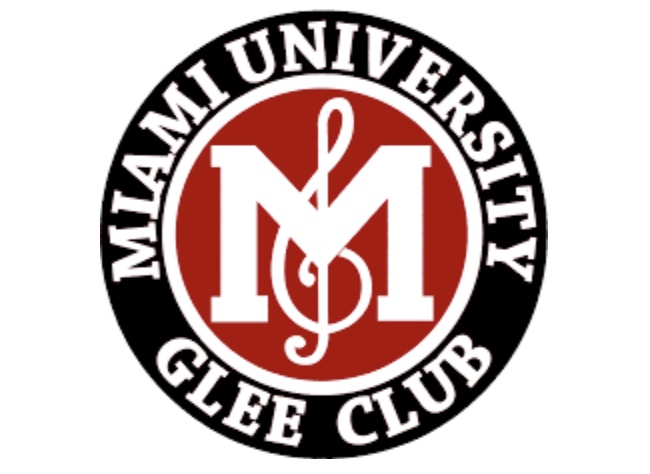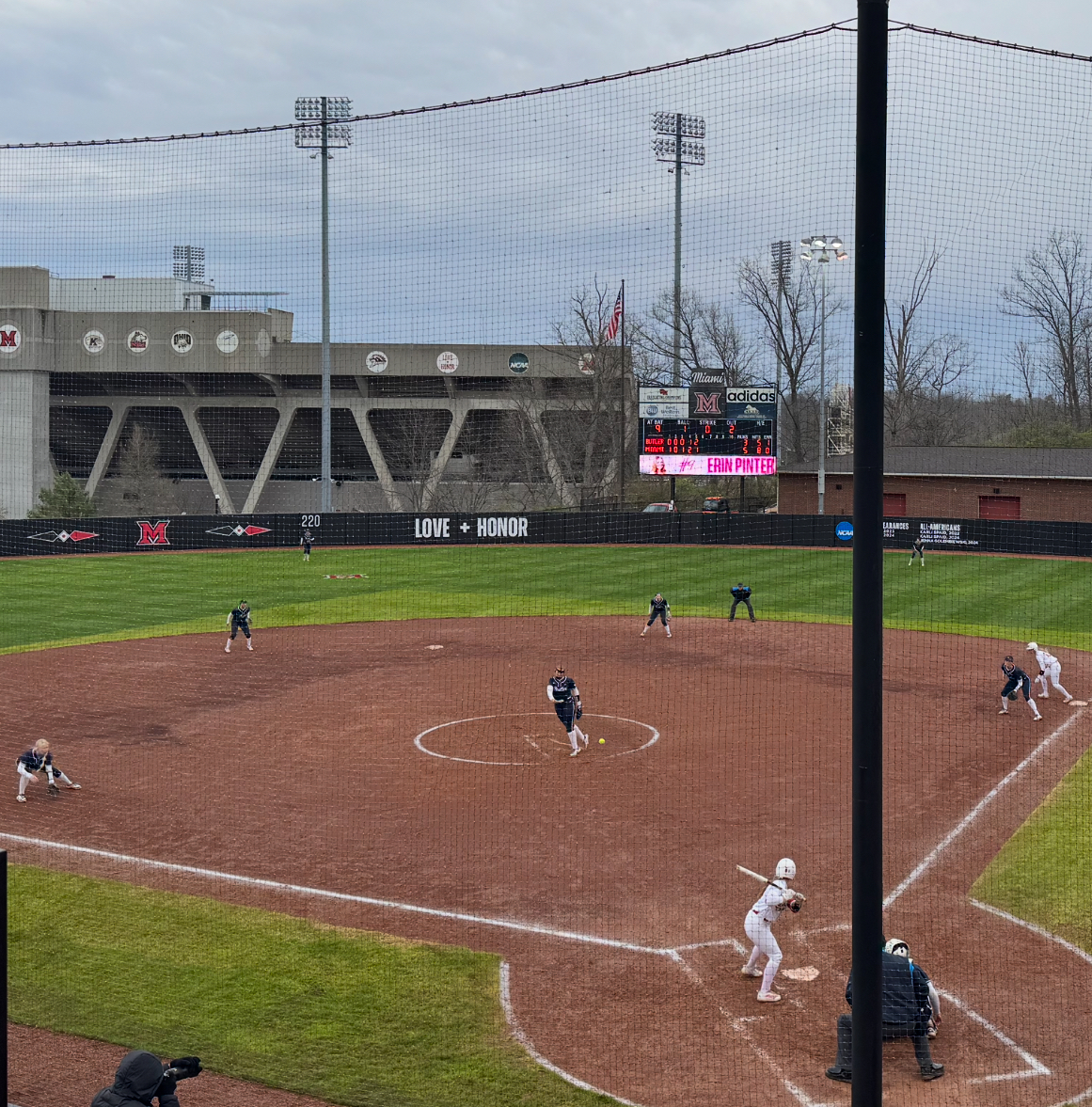A Miami University student organization used Valentine’s Day to combine acts of love with an act of charity, selling roses to raise money to buy surgical respirator face masks to send to China.
Since the coronavirus outbreak in December, the demand and price of N95 respirator masks have increased in China. The masks closely fit over the mouth and nose and are designed to cut down on the spread of the virus among patients and medical personnel. While they are in short supply in parts of China, the masks can be purchased in the U.S.
The China Information Association has donated 48 boxes of the masks to Xiaogan First People’s Hospital in China’s Hubei Province, where viral outbreak is heaviest. The association plans to buy more masks with proceeds from its Rose Challenge Friday, Feb. 14, Valentine’s Day.
“The HDX N95 Respirator Masks purchased in the Wonderful International Market in Oxford by our organization are voluntarily donated to China,” said Ziyi Ma, president of the association.
China has acknowledged a shortage of masks, goggles and protective clothing to help cope with the outbreak of the new coronavirus. Mask manufacturers in the mainland even canceled New Year holidays for workers to boost production at companies where masks are made.
“This is a meaningful event, I’m glad I could be part of it,” said Shen Ding, an international student at Miami, majoring in engineering and computing.
The Chinese Information Association (CIA) is a student group on Miami’s campus that works to serve all students and scholars by communicating across Chinese and indigenous cultures, according to the Miami website.
The association’s Rose Challenge is an annual fundraising event, where people special order $19.95 rose bouquets for special delivery by association members around Valentine’s Day. The association ordered the flowers through the Oxford Flower and Gift Shop.

“It is an activity to let girls know that they were beautiful and had the intention of making them more confident,” said Weimiao Sun, the vice president of the society.
For the Rose Challenge event, the CIA decided to buy 50 red roses, 30 carnations and two bunches of gypsophila.
As of Thursday, China has more than 59,000 confirmed cases and 1,368 deaths from the virus. To curb the spread of the virus, the Chinese government has been strongly suggesting, and in some cases making it mandatory for citizens to wear masks when they are outdoors.
According to the National Health Commission of the People’s Republic of China, disposable medical masks are for self-protection. Citizens could wear them when they are in public and in densely populated places.
Particle protective masks and medical protective masks like N95 are for medical staff providing emergency services, according to the U.S. Food and Drug Administration.
The airborne virus can be spread through tiny droplets of moisture released when an infected person coughs or sneezes. There has been a surge in the demand for N95 masks since the coronavirus outbreak. It is widely believed the N95 masks can be effective in preventing infection. It can filter at least 95% of airborne particles.
The National Health Commission in China said the discrepancy between the demand and supply of medical needs is still very prominent, especially in the central Chinese city of Wuhan, in Hubei Province.
Xiaogan is a city of more than 4 million people, located in the northeast of Hubei Province. It is near Wuhan, where the outbreak is believed to have started. As of Thursday, 2,874 confirmed cases with 49 deaths had been reported in Xiaogan. After the Rose Challenge, the Miami Chinese Information Association will send out masks near Feb. 16. It is estimated it will take about five to seven days for them to reach XiaoGan First People’s Hospital, Ma said.
“The reason we chose the XiaoGan First People’s Hospital is because it is a place with a severe epidemic in Wuhan, which is in urgent need of medical supplies, and (a friend of local association members) once donated a batch of masks to that hospital, and then knew the hospital’s responsible person, which can ensure our transportation transparency and safety,” Ma said.
According to Chinese medical professionals, the surgical masks and protective masks are disposable items and cannot be reused.
Groups in other countries also have been donating medical supplies to help in the emergency.


